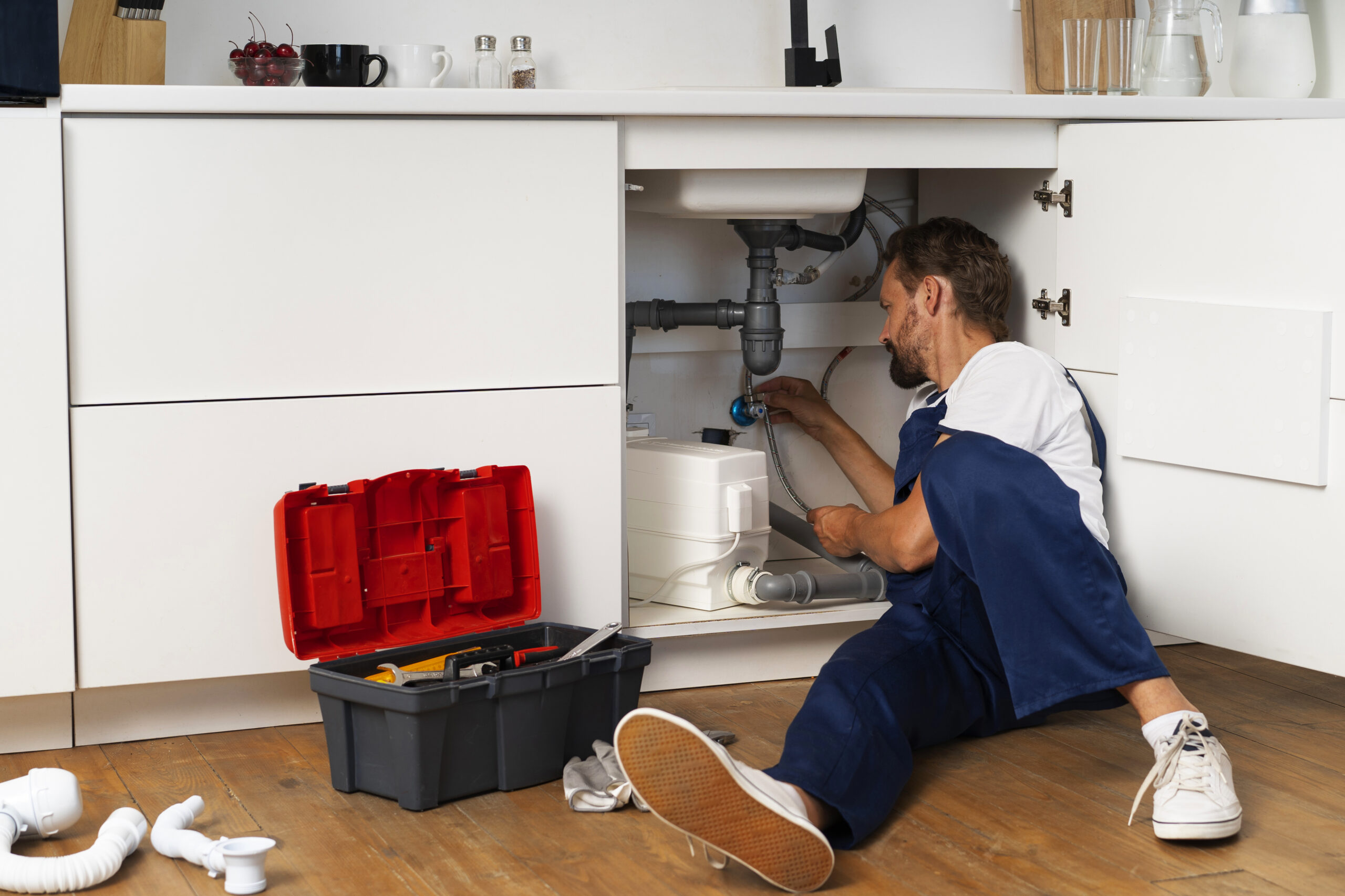Conserving water in your home is not only beneficial for the environment but can also reduce your utility bills. Here are several strategies you can implement to conserve water:
In the Bathroom
Install Low-Flow Fixtures:
-
Use low-flow showerheads, faucets, and toilets to reduce water usage without sacrificing performance.
Fix Leaks:
-
Repair dripping faucets, running toilets, and leaking showerheads promptly. Even small leaks can waste a significant amount of water over time.
Take Shorter Showers:
-
Aim to keep showers under five minutes. Using a timer can help you stay aware of your shower length.
Turn Off the Tap:
-
Turn off the water while brushing your teeth, shaving, or lathering in the shower.
Use a Dual-Flush Toilet:
-
Install a dual-flush toilet or a conversion kit to provide a full flush for solid waste and a reduced flush for liquid waste.
In the Kitchen
Use a Dishwasher:
-
Running a full dishwasher is more water-efficient than washing dishes by hand. Ensure your dishwasher is energy-efficient and uses water sparingly.
Fix Leaky Faucets:
-
Repair any leaks in your kitchen faucets. Even a slow drip can waste a lot of water over time.
Install a Faucet Aerator:
-
Faucet aerators can reduce water flow while maintaining pressure, saving water during everyday tasks like washing hands and rinsing dishes.
Don’t Pre-Rinse Dishes:
-
Many modern dishwashers can handle food residue, so there’s often no need to pre-rinse dishes.
Collect and Reuse Water:
-
Collect water used for rinsing fruits and vegetables and use it to water plants.
In the Laundry Room
Wash Full Loads:
-
Run your washing machine only with full loads to maximize water use efficiency.
Choose Efficient Appliances:
-
Use a high-efficiency washing machine that uses less water and energy.
Adjust Water Levels:
-
If you must wash smaller loads, adjust the water level settings on your washing machine accordingly.
Outdoors
Water Wisely:
-
Water your lawn and garden in the early morning or late evening to minimize evaporation. Use a soaker hose or drip irrigation system to deliver water directly to plant roots.
Use Native Plants:
-
Choose drought-resistant and native plants for your landscaping, as they require less water and maintenance.
Install a Rain Barrel:
-
Collect rainwater to use for watering plants and gardens.
Mulch Your Garden:
-
Mulch helps retain soil moisture and reduces the need for frequent watering.
Check for Leaks:
-
Regularly inspect your outdoor hoses, sprinklers, and irrigation systems for leaks and fix them promptly.
General Tips
Monitor Your Water Bill:
-
Keep an eye on your water bill to detect unusual increases, which could indicate leaks.
Use a Water Meter:
-
Installing a water meter can help you track your water usage and identify areas for improvement.
Educate Household Members:
-
Encourage everyone in your household to be mindful of water use and to adopt water-saving habits.
Implementing these water conservation strategies can significantly reduce your water usage and contribute to a more sustainable and eco-friendly household.


